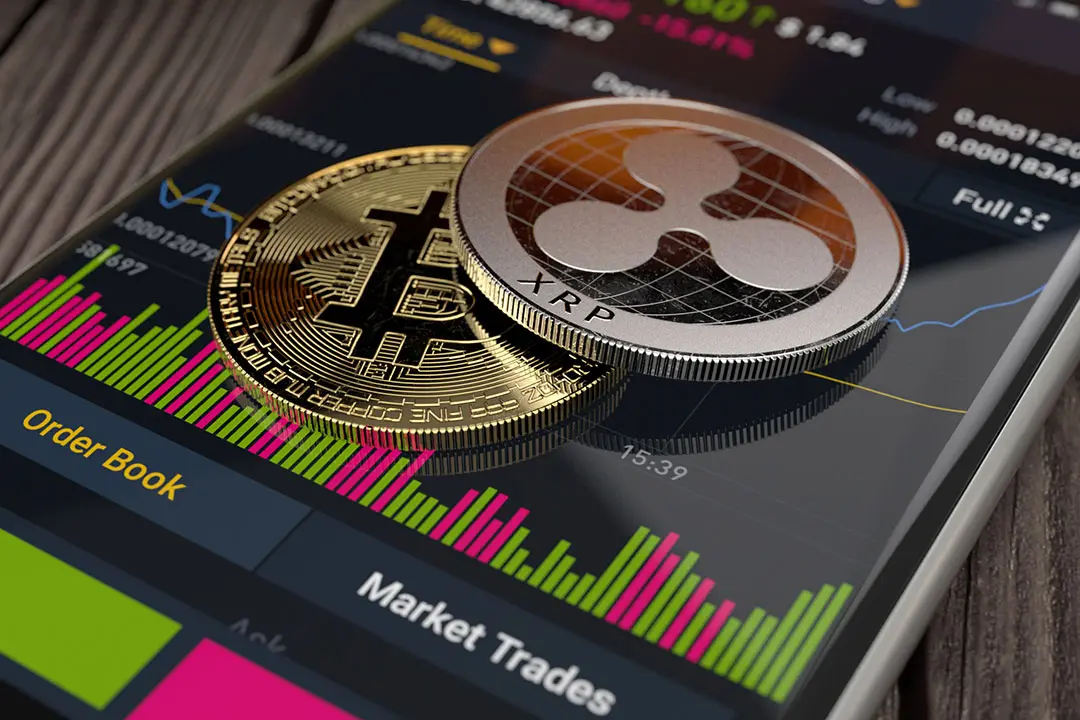Australia’s financial crimes watchdog, AUSTRAC, has expressed significant concerns regarding the effectiveness of the local operations of a major cryptocurrency exchange concerning its anti-money laundering (AML) and counter-terrorism financing (CTF) practices. As a result, the agency has mandated that the exchange appoint an external auditor within a timeframe of 28 days for review and evaluation.
The concerns articulated by AUSTRAC stem from a variety of issues, including a recent independent review of the exchange that was deemed insufficient in its breadth given the organization’s size, range of services, and associated risks. Additionally, there are alarms raised over high staff turnover, inadequate local resources, and insufficient oversight from senior management. These deficiencies have brought the effectiveness of the exchange’s governance in relation to AML/CTF obligations into question.
In a statement, AUSTRAC underscored the responsibility of major global operators to adhere to local regulations, despite their apparent capacity to handle complex compliance demands. The head of AUSTRAC remarked that a thorough understanding of local risks around money laundering and terrorism financing is essential for any entity operating on Australian soil to fulfill their obligations successfully.
As the leading cryptocurrency exchange by trading volume worldwide, the organization operates locally through a registered entity. The agency emphasized the necessity for businesses to employ adaptable systems and processes that align with distinct regulatory requirements in each jurisdiction, confirming that compliance frameworks should evolve according to the specific regulations rather than forcing the regulations to accommodate existing systems.
The need for facial awareness of potential risks in the industry was highlighted, with expectations set for tighter controls, particularly for companies engaged in high-risk sectors with large transaction volumes. AUSTRAC called for robust mechanisms related to customer identification, thorough due diligence processes, and effective monitoring of transactions.
Furthermore, an important reminder was communicated to all digital currency exchanges about the need for vigilance regarding transactions that exhibit suspicious patterns, as the vulnerability to issues such as money laundering, scams, cybercrimes, and terrorism financing is substantially higher within global exchange platforms.
Historically, operations of the exchange in Australia have encountered previous challenges, including litigation from the Australian Securities and Investments Commission (ASIC). This lawsuit arose due to allegations of misclassifying numerous retail clients as wholesale clients, thus depriving them of essential consumer protections.
The recent developments serve as a reminder of the regulatory expectations placed on exchanges, urging them to ensure compliance with Australian laws and adapt to the dynamic landscape of financial regulations, especially in light of concerns regarding illicit activities facilitated through digital platforms. It reflects an urgent necessity for the broader cryptocurrency industry to prioritize the establishment of robust compliance frameworks and risk management practices as they navigate the complexities of a global financial ecosystem.


